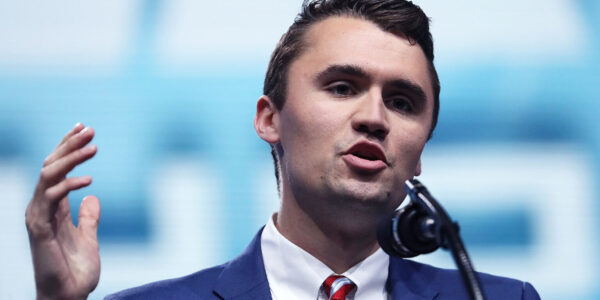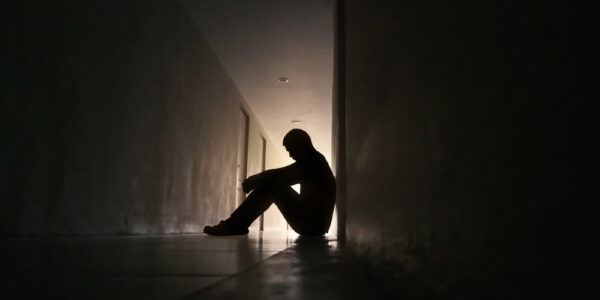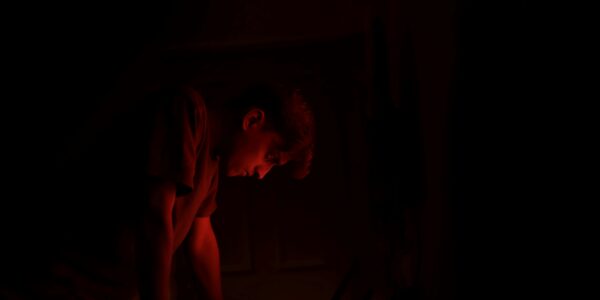LISTEN TO THIS ARTICLE:
Portrayals of psychology in movies and TV shows plays a major role in how most of the public view mental illness and treatments. Unless you or someone you know well have personal experience interacting with the mental health providers, it’s likely you’ve formed your opinions based on what you see in media.
Historically, movies and TV have showed people with mental illness as violent and dangerous. Mental health treatment providers like doctors and therapists come off even worse. They are frequently the villains, and, when they aren’t, their actions are at least unethical and unprofessional.
However, the powerful influence of movies and TV can be good for psychology, too. In recent years, more accurate writing and film-making has produced media that works to offset the years of damage done.
Psychiatric hospitals as prisons
One of the oldest and most recognizable examples is One Flew Over the Cuckoo’s Nest (1975). It was also responsible for creating the most damaging the misconceptions of mental healthcare. This movie follows Randle McMurphy (Jack Nicholson), a convict who incites rebellion among the patients in a mental institution. The head nurse subjects him and other patients to punishing shock ‘therapy’ and controls them with medication and lobotomies.
Psychiatry appears as an oppressive and dehumanizing system in many movies.
One Flew Over the Cuckoo’s Nest was a wildly popular film that contributed to a negative and stigmatizing perception of mental healthcare at the time. It also reinforced the idea that people with mental illnesses are dangerous or unpredictable.
Other, more recent, major blockbusters have been similarly bad. In Girl, Interrupted (1999), Susanna Kaysen (Winona Ryder) is confined to a psychiatric facility after a suicide attempt. However, the psychiatrist treating her initially doesn’t tell her what her diagnosis is, assuming with sexist intentions that she doesn’t need to know.
The doctor makes the diagnosis quickly and partially based on gender bias. Additionally, the hospital atmosphere is like a jail and, as in One Flew Over the Cuckoo’s Nest, electroshock therapy and isolation are weapons of control. In these movies, psychology and psychiatry are violent, oppressive forces.

Mental illness and violence
Some movies associate mental illness with unspeakable violence. In The Silence of the Lambs (1991), Dr. Hannibal Lecter (Anthony Hopkins) is a psychiatrist displayed as a cold, calculating psychopath. Imprisoned for murder and cannibalism, he exploits an FBI agent who goes to him for help identifying a serial killer. He manipulates her into revealing many of her past traumas in exchange for hints to her case. At times throughout their conversations he recounts killing and eating several people, including one of his own patients whom he disliked.
One of the highest grossing movies in recent years, Joker (2019), leaned heavily on similar themes around psychology and mental illness. The main character, Arthur Fleck (Joaquin Phoenix), is poor and suffers from mental illness. However, the pattern of his symptoms is not entirely realistic and is a pretty confusing portrayal of mental illness. He abandons therapy, finding it pointless because his councilor is uncaring and unskilled. In the end, his character becomes an unfortunate stereotype, a man driven to violence by his trauma and mental illness.
Promoting stigma
In the 1990s hit television series, Frasier, Kelsey Grammer portrays a psychiatrist with a call in radio program. He offers callers quick overly simplified advice and solutions. Frasier Crane and his brother Niles, both psychiatrists, are aloof characters, pretentious and out of touch.
In the 1994 movie, The Santa Claus, Scott Calvin, played by Tim Allen, says to his young son about his mother’s boyfriend Neal, “He’s not a doctor, he’s a psychiatrist.” Calvin, who becomes Santa Claus, is the lovable protagonist, while Neal the psychiatrist is a wet blanket who seems determined to spoil the boy’s fun and fantasy.
Many movies and TV shows fail to acknowledge the difference between a psychiatrist, a psychologist, and a therapist.
These kinds of portrayals propagate stigma, misunderstanding and confusion. Still, in 2023, many (apparently, including Hollywood script writers) remain confused about the difference between psychiatrist, psychologist, and therapist. From the classic parody of the therapist who simply nods and says things like “go on,” to the complete buffoon that is Dr. Zachary Smith in Lost in Space, Hollywood has not been very kind to mental health professionals.
Yes, we can take a joke and, while all may be in good fun, America is in the throes of a true mental health crisis. Psychiatrists are indeed real doctors who have completed medical school and residency training. Most of psychiatry practiced in the US today is biologically based and includes medications, laboratory studies, and even physical exams in some settings.
Accurate psychology in movies and TV
Despite these poor showings, there are a few movies and TV shows that do make a good effort to accurately show psychology and psychiatry in action. Robin Williams plays the amazingly compassionate psychologist, Dr. Sean Maguire, in Good Will Hunting (1997). He forms a deep connection with the film’s main character, Will Hunting (Matt Damon).
Dr. Maguire is a patient and compassionate therapist who is able to connect with Will on a deep level, gain his trust, and help him confront his past trauma. The movie emphasizes the importance of empathy, patience, and trust in the therapeutic relationship. His character is a testament to the power of skilled and compassionate therapy and a positive force portraying psychology in movies.
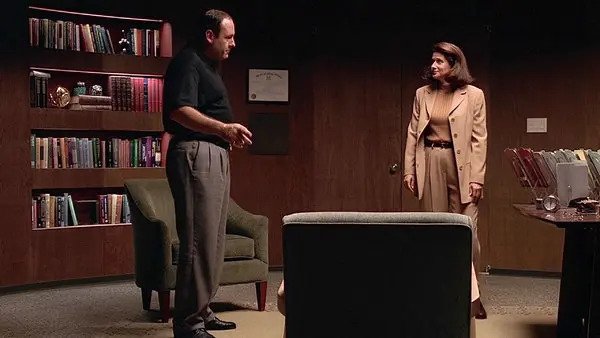
Another superb depiction of psychiatrists is Dr. Melfi in The Sopranos (1999-2007). She is the primary therapist of the show’s main character, Tony Soprano (James Gandolfini), a New Jersey mob boss. She is depicted as a competent and intelligent councilor who is able to help Tony confront his anxiety and depression. Despite Tony’s skepticism of psychology and machismo, Dr. Melfi skillfully establishes a strong therapeutic relationship him.
Throughout the series, Dr. Melfi proves to be a doctor dedicated to her profession and genuinely interested in helping her patients. The show even goes so far as to demonstrate the ethical dilemmas that can arise when treating patients. Dr. Melfi struggles with the question of whether she should be treating Tony, given that he continues to engage in criminal activity while in therapy.
Getting better, but not yet realistic
Over the years, inaccurate depictions of psychology and psychiatry in movies and TV have done repeated damage to the public’s trust in these fields. One Flew Over the Cuckoo’s Nest misled an entire generation of viewers in its day. In recent years, another major movie, Joker, did similar damage. However, this time, there was a wave of outspoken critiques from mental health professionals to offer a more accurate narrative. Additionally, some stories, like that in The Sopranos, do get it right, and we’re fortunate to see those told.

 Learn
Learn Read Stories
Read Stories Get News
Get News Find Help
Find Help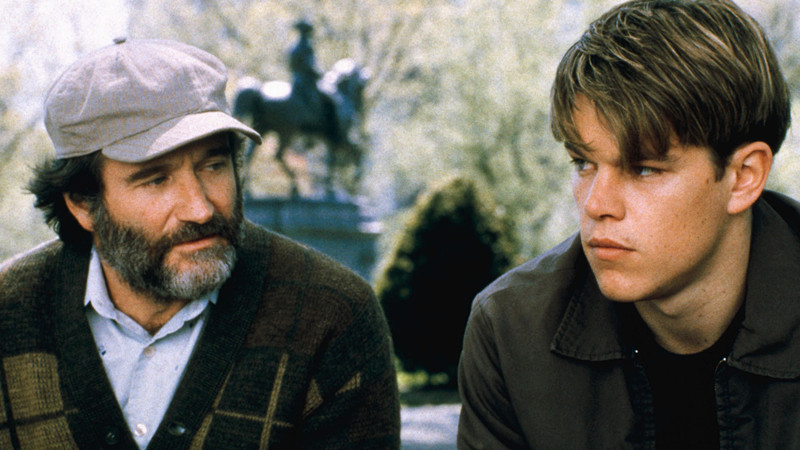
 Share
Share
 Share
Share
 Share
Share
 Share
Share

